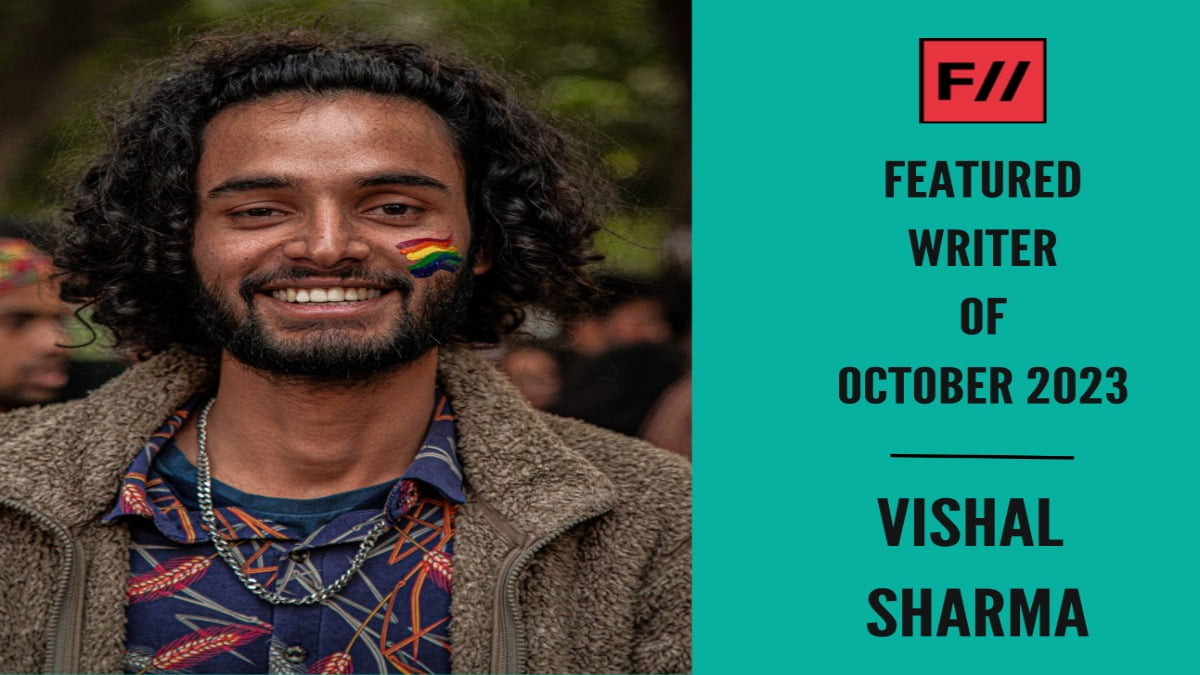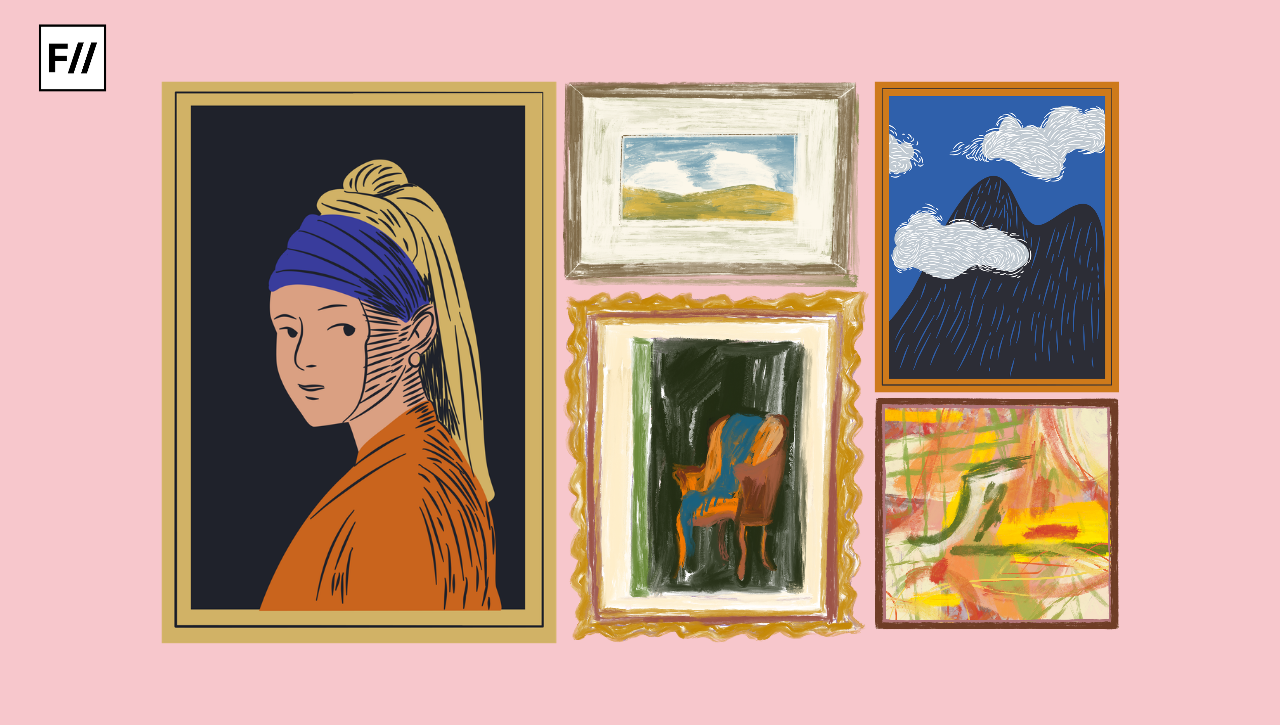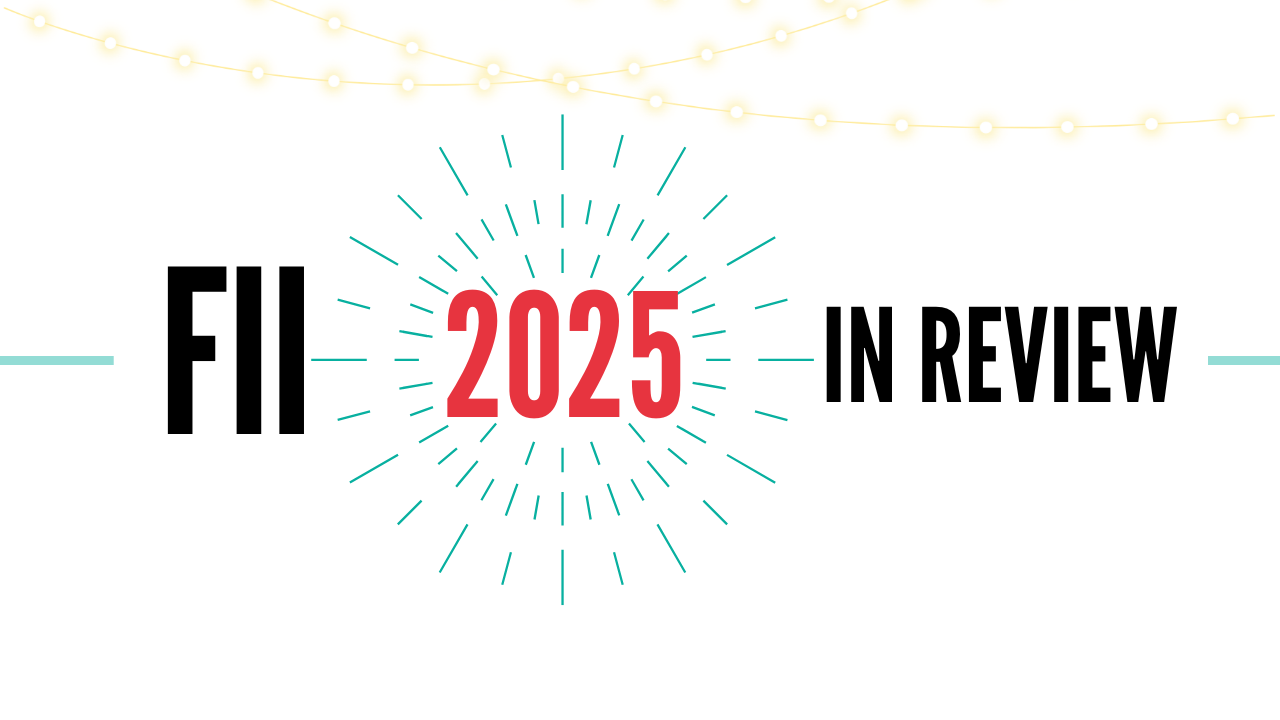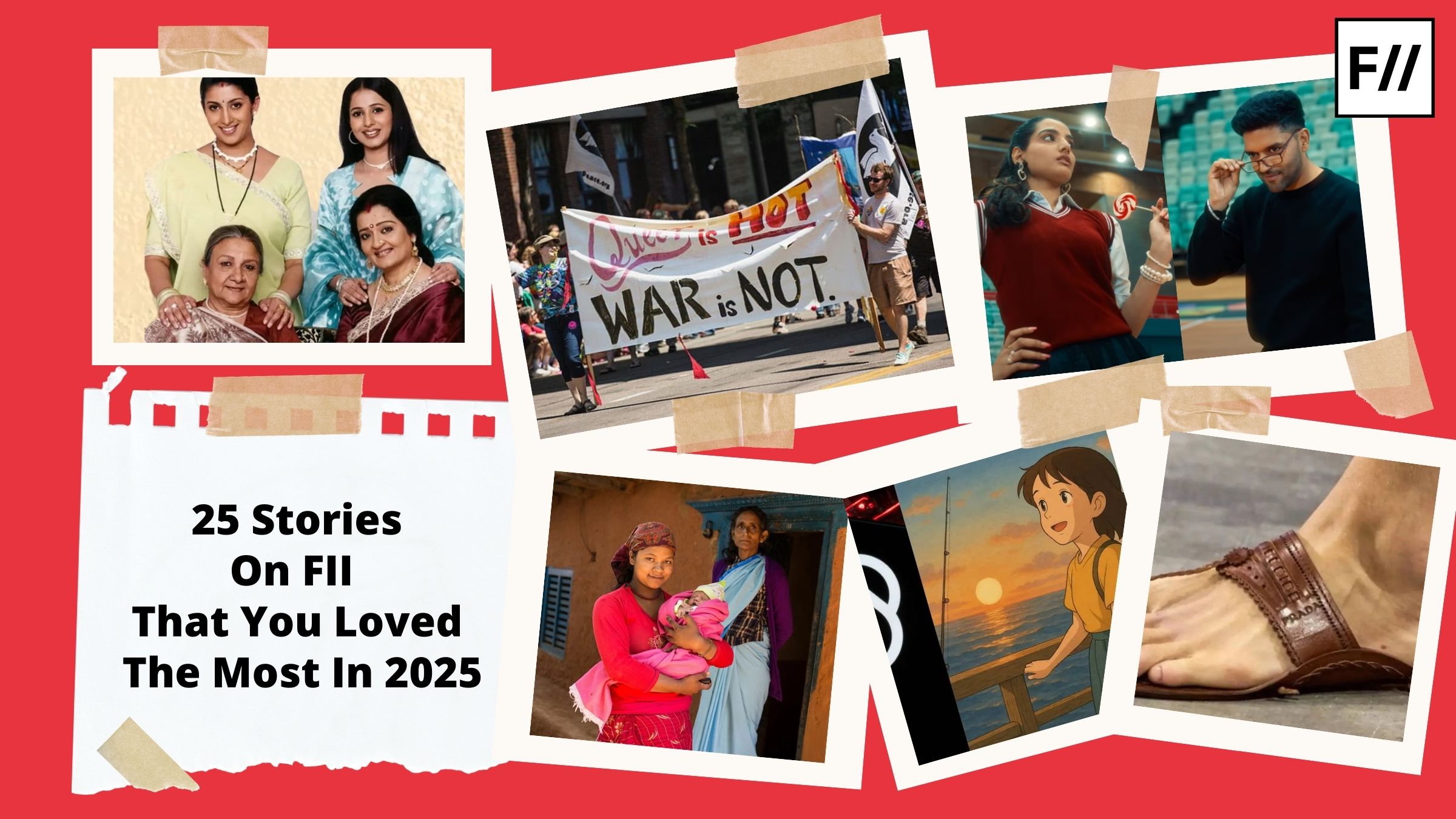We have been featuring the best writers from our writers’ community for their committed contribution to FII, making it what it is today. FII would not exist if not for the passionate and loyal feminist writers’ community that we have steadily been building over the last few years. This October, we feature Vishal Sharma
Vishal Sharma (he/him) is a writer, journalist, queer activist, and a budding political commentator. He grew up with three sisters in Haridwar and holds a degree in History from Hans Raj College, Delhi University. Masala chai lover, Downton Abbey fan. A strategist and self-proclaimed ‘conflict’ councillor. His areas of interest include Indian politics, American politics, international affairs, gender, and the queer movement. You can find him listening to romantic melodies on solitary long nature walks and admiring birds and vegetation in jungles. Being a modern kid, he believes in empathy and compassion. Some of his popular articles include- The G20 Summit: India’s Moment Of Glory Or A Façade Of Democracy On Display?, Digital Path To Unfreedom: India Flirting With Digital Authoritarianism and Palestinian Women And Children Are Suffering A Mental Health Catastrophe.
FII: Tell us a little about yourself and what you do
I am building a world of my imaginations. To put it in words of Dr. King I have a dream. I want to immerse in the dreamland of words. I am a journalist who wants to report from all corners of the world and provide coverage about the communities at the brink of the climate catastrophe. A news junkie who never gets bored listening to US Senate Judiciary Committee hearings whether it is testimony of Mark Zuckerburg or now-Justice Kavanaugh. Apart from being a neurodivergent, I am also a misfit for a world of social media and virtual connection, almost getting lost wherever I live. I am very nostalgic about pre-partition India and hope to visit Lahore someday. The most liberating experience of my life was coming out as Gay to my friend circle in 2019. Nothing can make me happier than seeing the jamun trees my sisters and I planted in childhood bearing fruit. As famously said, ‘the artist has to inquire in the jungles of life, he has to go alone, he has to be a dropout from the mob mind, from the collective psychology’ I am in the stage of exploring my art.
FIi: How did you become a part of the FII writer family?
This summer I was honoured to be selected to serve as a freelance writer for FII. I am particularly grateful for the support and help of the community of writers and editors here, including Alvira Ahmed who had first offered me this opportunity.
FII: How and when did you become a feminist?
I was a very sensitive and empathetic child. Being brought up with three sisters and seeing their daily difficulties made me sensitive about the individual struggles that women face in our society. Our home was almost a democratic liberal setup and despite its own patriarchal flaws, the women of the house usually led the discourse, and none of us have ever been forced in our choices. To the disappointment of my right-wing friends, I always felt proud in being politically ‘woke.’ As I came to know the secular versus Hindutva strands of politics while I was still in school, it was clear to me which side I would be on and I became increasingly critical of Brahminical social structures as I observed their insensitivity and cruelty. The Muzaffarnagar riots of 2013 left a deep impact on me as anti-minority rhetoric increased in the local area and I despaired being surrounded by hatred for Muslims and a disdain for marginalised caste groups. Learning about the feminist movement and different caste struggles in 9th grade gave me hope and a guide on how to resist the toxic environment surrounding me.
FII: Which issues within feminism are close to your heart?
Feminism has evolved over time and has extended its revolutionary and liberating ambit to other marginalised groups. For me it means liberation for all. Hence the importance of intersectionality cannot be emphasised upon enough. Race, gender, caste, class, sexuality, ethnicity, indigenous rights all have amalgamated into feminist umbrella. My interests span Critical Race Theory and international debates about the legacy of slavery in the current political system, climate justice, and indigenous communities’ struggle across the globe to seek security for their survival. An issue closer to home that is very close to my heart is India’s caste patriarchy, which is not talked about enough but deprives millions of people of a life of dignity and their constitutional right to equal and fair opportunity. Caste privilege and other discriminatory structures have a deep connection with patriarchal exploitation, which I believe must be addressed directly.
FII: What is your favourite piece on this site that you have written, and your favourite piece on this site that you have read? Why did they strike you?
While I had difficulty narrowing down to just one favourite piece from FII’s vast collection, I find Manmeet Kaur’s ‘Am I A Bad Feminist For Enjoying Gendered Animated Shows’ to be personally very striking and thought-provoking. Of my own work for FII thus far, the latest Palestine piece titled Palestinian Women And Children Are Suffering A Mental Health Catastrophe is my favourite.
I found Manmeet Kaur’s article very educating as I struggled myself with the shows that were part of my childhood, as they propagated problematic ideals and stereotypical norms and mocked the weak and vulnerable and anyone who did not ‘fit’ into traditional values and gendered roles. I believe it is a constant struggle to learn and unlearn, and this piece resonated with my personal journey.
I believe the unfolding crisis in Gaza is one of the worst things to be witnessed by humanity in contemporary times, and despite significant media coverage Palestinian civilians still have not been successful in receiving needed aid or evacuation support from global powers.
FII: What do you like to do when not writing about gender and social justice?
I go on long solitary walks in the dark, jungle-like parts of JNU campus in Delhi. I cook, preferably Desi desserts—Meethi Sewai and Besan ka Halwa are my specialties. Sometimes I might be found wandering on a terrace, lost in my dreams and thoughts. I am a music lover who explore all sort of music in different languages. Nowadays I have become addicted to New York Times’ weekly podcast ‘Matter of Opinion’ which presents a fun and very interesting way to talk about contemporary issues.
FII: What do you like about FII and our work?
FII challenges discrimination in its every form. FII’s spirit to fight oppressive structures and break them with an activist’s zeal, its journalistic ethos and scholarly taste are what I find most captivating. Its journalism is increasingly important in these dark times for free voices and independent spaces as they shrink from constant attacks from the ruling party. For years, I have been inspired by FII and other emerging feminist platforms, and reading their incredible work gave me a sense of relief as well as excitement. Since then, I aspired to work for this esteemed outlet and I am incredibly honoured and proud to now be a contributor.
FII: What more would you like to see from us?
I would like to see further expansion of FII’s coverage of inspiring women in the from other parts of Global South as well as more about communities that are at brink of extinction because of climate catastrophes. Recently, we have seen the global system explode into conflicts from posturing over the Taiwan strait to Ukraine’s wheat fields, and now as AI is capturing the digital landscape, I believe these issues are important to discuss in intersectional platforms with feminist angles as male-dominated conflicts disrupt the lives of millions, with women often disproportionately on the receiving end of the harm they cause. I strongly believe that world would be safer with more compassionate female world leaders like Jacinda Ardern.
FII thanks Vishal for his timely and valuable contributions. We are incredibly grateful to have him as a part of our writers’ community and appreciate him for the deeply informative writing.
About the author(s)
Feminism In India is an award-winning digital intersectional feminist media organisation to learn, educate and develop a feminist sensibility and unravel the F-word among the youth in India.




